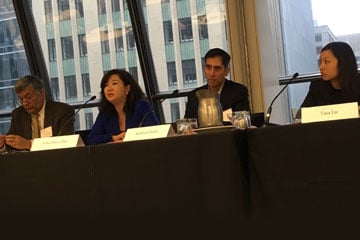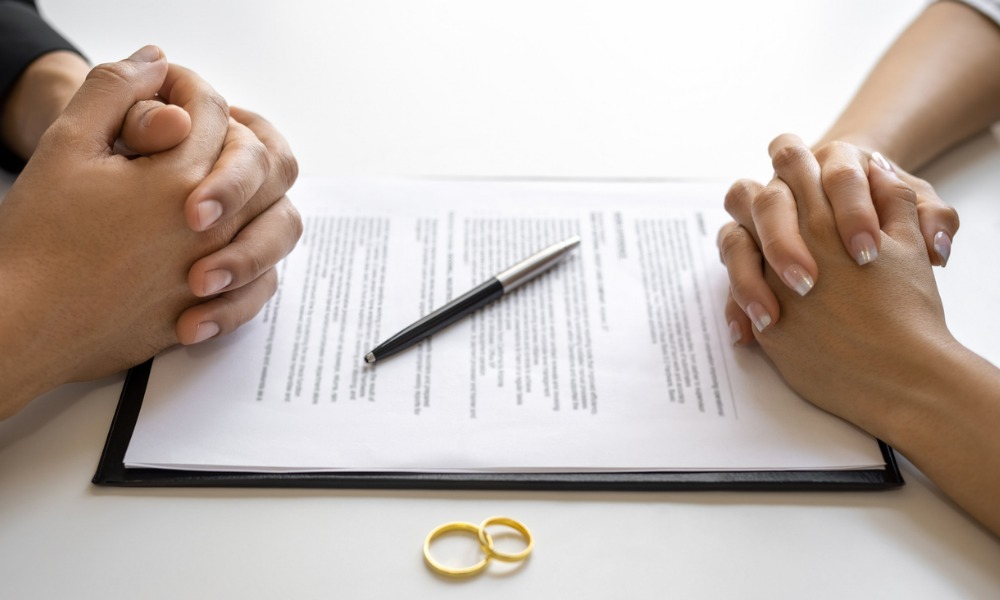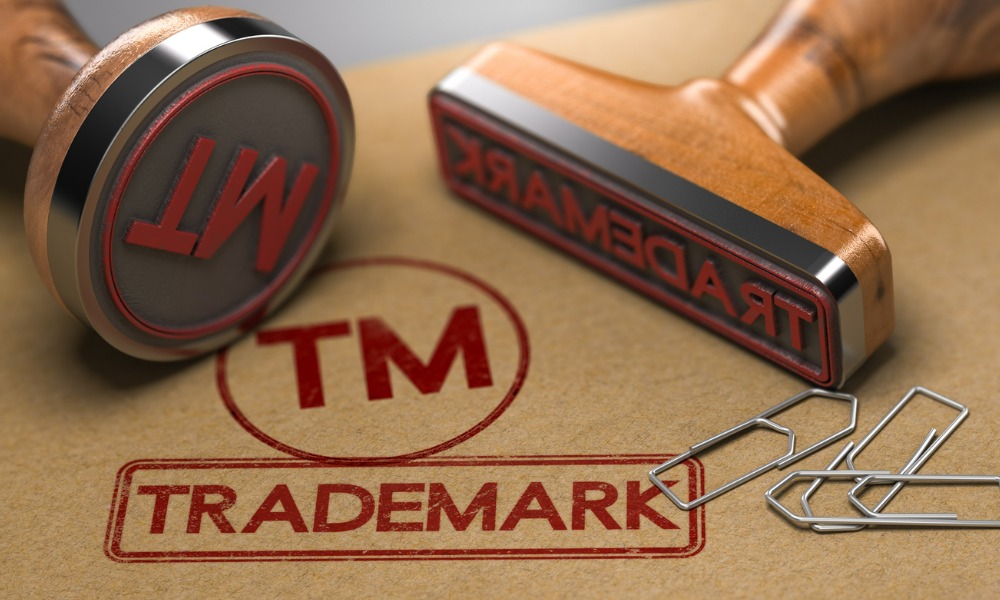Members of the Federation of Asian Canadian Lawyers concerned about the backlash against the Law Society of Upper Canada’s statement of principles are being encouraged to show benchers their strength in numbers by attending Convocation Dec. 1.

Members of the Federation of Asian Canadian Lawyers concerned about the backlash against the Law Society of Upper Canada’s statement of principles are being encouraged to show benchers their strength in numbers by attending Convocation Dec. 1.
At the annual meeting of FACL Ontario Nov. 18 in Toronto, Ryerson University general counsel and FACL co-founder Julia Shin Doi issued a passionate plea to the 200 attendees of the conference, telling them to show benchers their support requiring lawyers and paralegals to adopt a statement of principles that promotes and encourage equality, diversity and inclusion.
Speaking on a panel called “Advancing Equality, Diversity and Inclusion: A Look at the State of the Profession for Racialized Lawyers,” Shin Doi told the group they should demonstrate to benchers that the statement of principles is important to them.
The statement of principles is one of 13 recommendations approved by Convocation last December and that came out of a report identifying barriers faced by racialized licencees.
The vote on Dec. 1 will consider a motion, put forward by Bencher Joseph Groia, to allow licencees to opt out of the statement for conscientious reasons.
“Imagine if every single person in this room went to Convocation at the law society. . . . We need to tell the benchers we’re important. We’re members of this profession. We support a statement of principles, we need to be heard — our beliefs and values need to be respected. Equality, diversity and inclusion are important to us,” said Shin Doi. “Be seen. FACL member Ian Hu also issued an impassioned plea for all FACL members to speak up.
“If you show up to this, they will notice; they will see you. We want this vote to come our way. Take out your phones, and put it in for Dec. 1 and show up,” he said.
Fellow panel member and LSUC Bencher Raj Anand said the motion being considered “presents a challenge to the credibility of the law society.”
“Given all the distrust that we heard about for four-and-a half years at the law society in this area, we’ve taken some relatively moderate steps and to run away from that a year later in the face of this backlash would be very damaging to the law society,” said Anand, a senior civil litigation, administrative and human rights lawyers at WeirFoulds LLP.
When Shin Doi polled the conference room to see how many had read the statement of principles, less than half the room raised their hands.
“We need more colleagues to stand up for equality, diversity and inclusion,” she said. “I was thinking about the statement of principles and wondered, ‘What if corporations asked individual external lawyer service providers to provide a statement of principles, would we get the same backlash? No, because it’s clear what’s in it for them.’ The news is there’s something in it for all of us if our colleagues provide a simple statement of principles acknowledging their commitment to promote and encourage equality, diversity and inclusion.
“This backlash; this debate over what the law society is requiring folks to do — let’s be real — it’s what the rest of the world is doing and I think it’s important to keep up with the times,” said Shin Doi.
The panel members referenced the number of objections the statement of principles has received, including the motion from Groia and court challenge by Lakehead University law professor Ryan Alford who filed a Notice of Application in the Ontario Superior Court, asking the requirement be declared unconstitutional and outside the law society’s authority.
Despite the fact there was four years of consultation and debate that took place, panel member Andrew Pinto, partner with Pinto Wray James LLP, said it’s clear more education is needed around the importance of the issue. Pinto wrote a legal opinion on the issue in November 2016.
“What it says to me is that so much more education is needed just in the legal profession and society generally about human rights in the first place and that’s what we’re experiencing now,” he said.
Suhuyini Abudulai, partner at Cassels Brock & Blackwell LLP, also speaking on the panel, said while she has seen progress with respect to racialized lawyers, “we actually need to start seeing action.”
“It’s not something that will be fixed overnight; it’s a very multi-faceted complex issue. My experiences are going to be different than my friend who is a white male and gay or my friend who is Japanese and female. I’m black and female. There is intersectionality, which also plays a role, and many of these issues are systemic and won’t change overnight,” she said.
While law firms and some companies have done positive work, Abudulai said it’s important to “look behind the curtain” at what affinity and other groups are doing.
“This whole push for diversity and inclusion in the legal profession is not to punish or penalize the old boys club, it’s recognizing the fact that there are unique challenges some of us face and how to address those barriers,” said Abudulai.
She also noted that it is often a “convenient argument against progress to rely on free speech.”
“Quite frankly, this whole conversation is just ludicrous to me to say you have an issue with supporting diversity and inclusion and equality,” she said.
Tina Lie, partner at Paliare Roland Rosenberg Rothstein LLP, said she was “stunned” and “disheartened” by the backlash to the statement of principles.
“I just thought, ‘The law society isn’t asking you to do a whole lot and you’re not even willing to do that?’
“This idea that the law society shouldn’t be telling people what to say, my first thought was the law society does tell us what to say — when we are called to the bar we give an oath in which they tell us exactly what the words are,” she said. “They tell us what we wear when we go to court, they tell us every year to file an annual report,” she said. “That’s because it’s all in the administration of justice and a lot of people don’t see the promotion of diversity as being a part of the administration of justice. They see it as an issue of political belief. But the promotion of diversity in our profession absolutely is about the administration of justice.”
Lie pointed out that lawyers and paralegals can create their own statement of principles.
“I do believe a bit of the backlash is based on a bit of a misunderstanding,” she said.
Shin Doi also encouraged members to join a board or participate in groups such as FACL and OBA.
“It’s really, really important that we participate and that we’re seen because with that comes influence and that means our voices are going to be heard,” she said.










